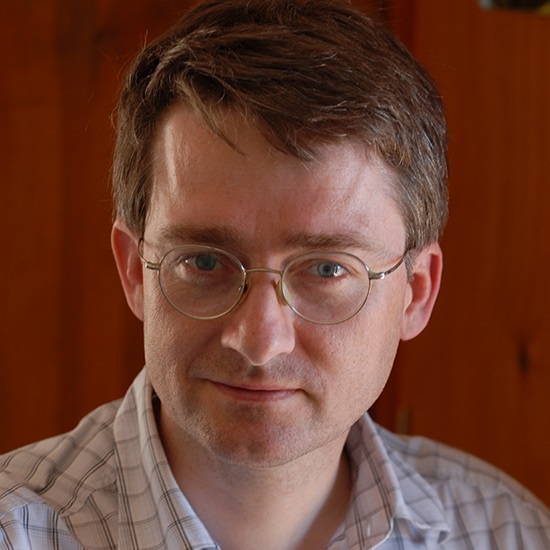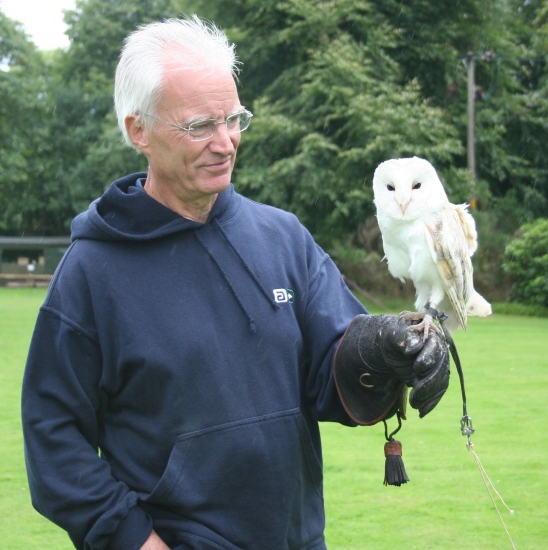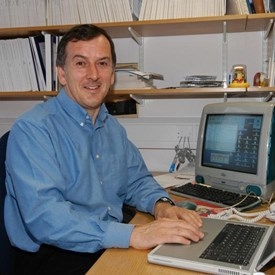Links to external sources may no longer work as intended. The content may not represent the latest thinking in this area or the Society’s current position on the topic.
The global nitrogen cycle
Organised by Professor David Fowler CBE FRS, Professor John Pyle FRS, Professor John Raven FRS and Professor Mark Sutton
This meeting is centered around the current understanding of the global nitrogen cycle and the extent to which it has been modified by human activities. It will consider processes regulating the sources, transformation in and removal from the atmosphere and their effects on climate, terrestrial and marine ecosystems and human health, and likely trends through this century.
The proceedings of this meeting are scheduled to be published in a future issue of Philosophical Transactions B.




